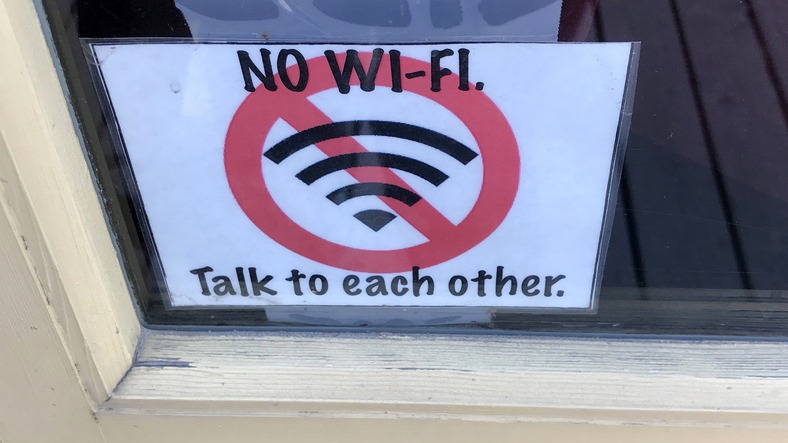Living off the grid has become increasingly popular over the past few years. It’s a way to disconnect from the modern world and become more self-sufficient. However, it’s not an easy lifestyle to adopt, and it requires a lot of preparation and planning. Lately, it’s becoming popular for people to live off the grid and engage with bookies gambling at vave.com.
Determine Your Needs
The first step in preparing for an off-grid lifestyle is to determine your needs. You’ll need to decide how much energy you need, how much food you need to produce, and what your daily water requirements are. Once you have determined your needs, you can start planning how you will meet those needs.
Powering Your Home
One of the most significant challenges of off-grid living is producing enough energy to power your home. You can generate energy through solar, wind, or hydro power, but each method has its pros and cons. Solar power is the most popular option and is relatively easy to install. However, it can be expensive to purchase and install the necessary equipment.
Starting Small
It’s essential to start small while transitioning to an off grid lifestyle. You don’t have to give up all of your modern conveniences at once. Instead, start by reducing your reliance on the grid one step at a time. For example, you can start by installing a solar panel to power a few of your appliances or grow a small garden to produce some of your own food. Starting small will give you the opportunity to learn new skills and adapt to a new lifestyle. You can gradually increase your self-sufficiency over time until you’re living entirely off-grid.
Prepare for Emergencies
When living off the grid, you need to be prepared for emergencies. You’ll need to have a backup power source in case your primary system fails. You should also have a stockpile of food and water in case of a natural disaster or other emergency. In addition to a backup power source and food/water stockpile, you should also have a first aid kit, a supply of medications, and a way to communicate with the outside world. You may also want to invest in a generator or portable power bank, especially if you live in an area prone to power outages.
Learn New Skills
Those who have only lived in urban or suburban areas, may not be familiar with a set of skills that is required to living off the grid. You’ll need to learn how to grow your food, raise animals, and repair equipment. You’ll also need to learn how to manage your energy supply and conserve water. Take the time to research and learn new skills before you make the transition to an off-grid lifestyle. You can take classes or workshops, read books, and watch online tutorials. Learning new skills will not only help you become more self-sufficient, but it can also be a fun and rewarding experience.
Consider Your Social Needs
Living off the grid can be isolating, and it’s essential to consider your social needs. You may want to consider joining a community of like-minded individuals who are also living off the grid. These communities can provide support, resources, and social interaction. If you’re not interested in joining a community, you can still maintain social connections with family and friends. Make sure you have a reliable mode of communication, such as a cell phone or internet connection, to stay in touch with loved ones.
Living off the grid is a challenging but rewarding lifestyle. It requires careful planning and preparation, as well as a willingness to learn new skills and adapt to a new way of life. By determining your needs, starting small, preparing for emergencies, learning new skills, and considering your social needs, you can make a successful transition to an off-grid lifestyle.
